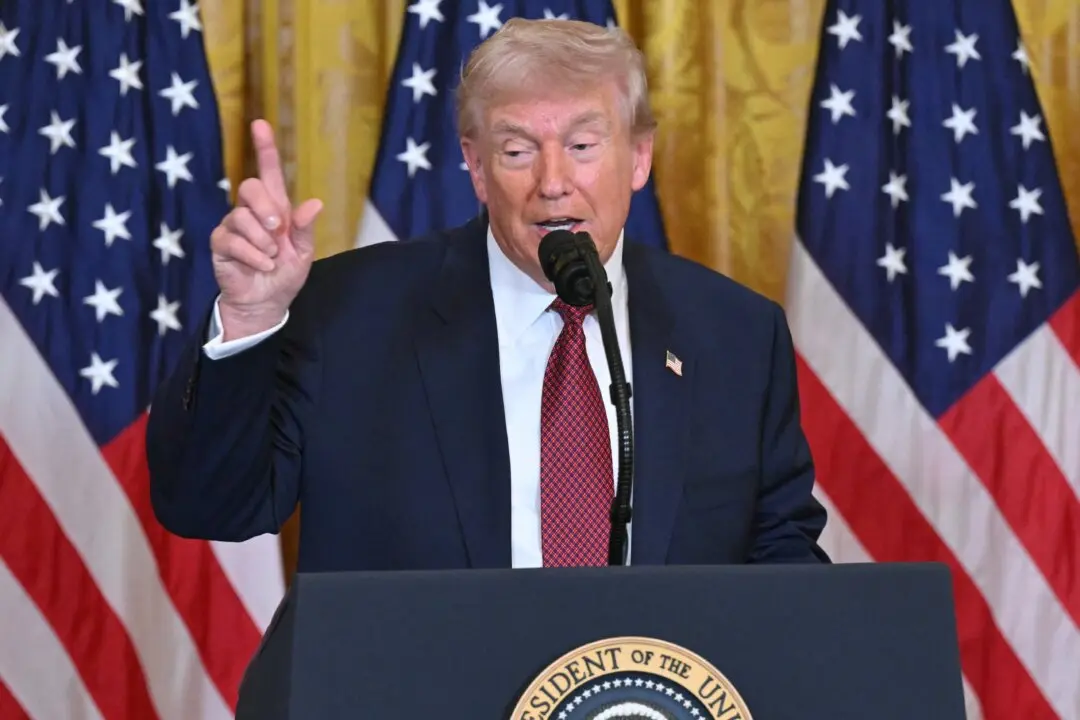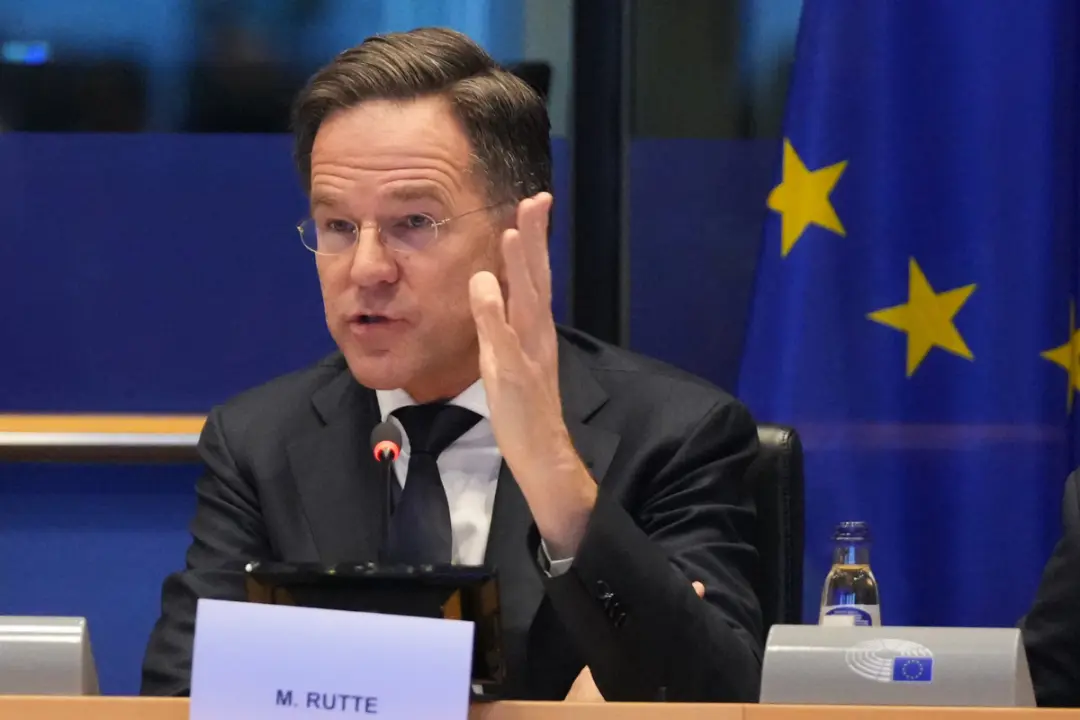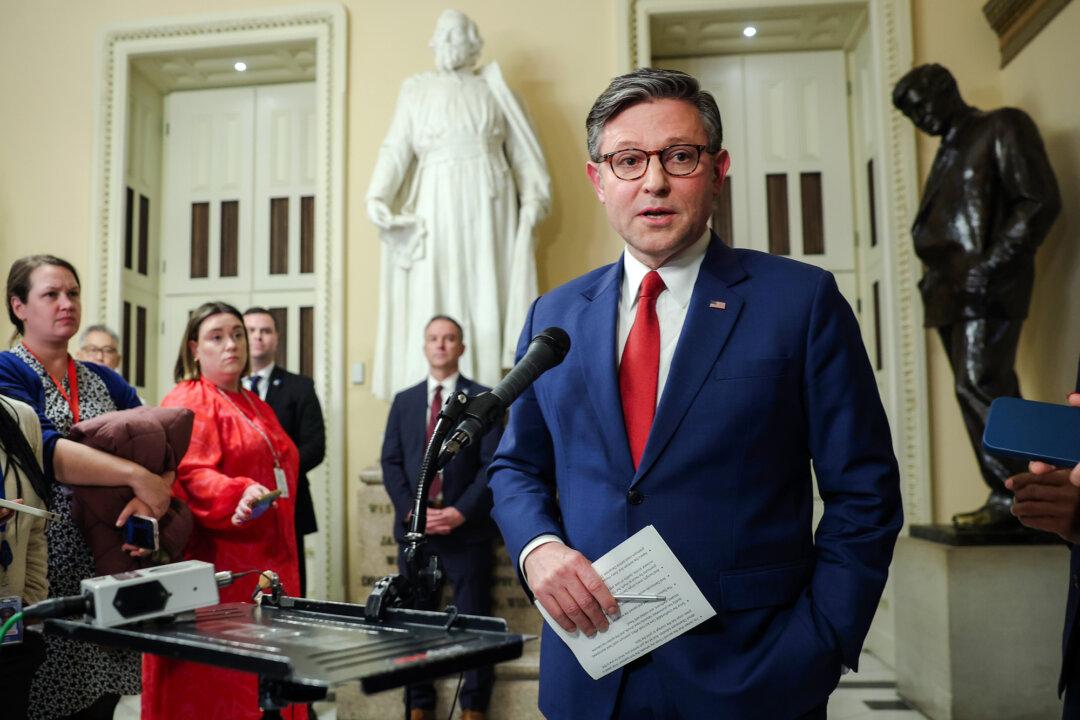Honest News Straight to Your Home. Try the Epoch Times yourself, and get a free gift.
The CCP virus (COVID-19) pandemic has, so far, spread to 184 countries. A number of countries are taking action to hold the Chinese communist regime accountable for covering up the outbreak. Victims in Hubei Province, the epicenter of the pandemic, also wish to sue the government. Yang Zhanqing, a Chinese visiting scholar in the United States who has been paying attention to livelihood issues in China, recently publicized a lawsuit template to help the victim families.The 14-page template, called Legal Template for Novel Coronavirus Damage Compensation, along with a procedural guide for filing the lawsuit, was prepared by an 18-member attorney group from outside China.




